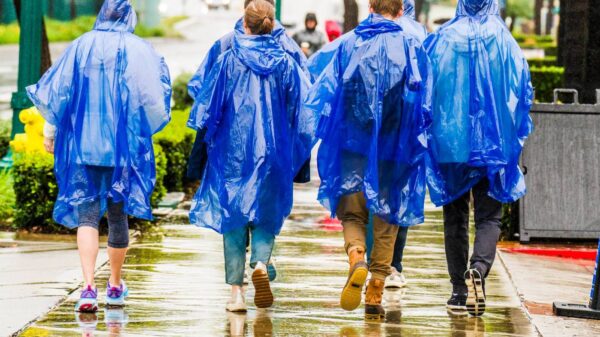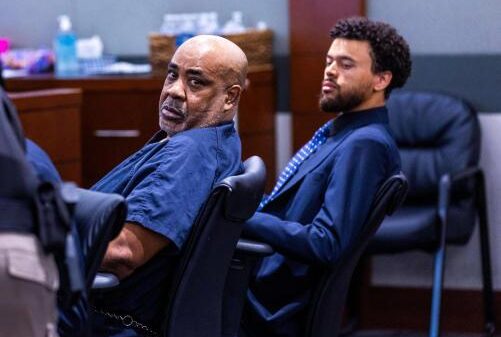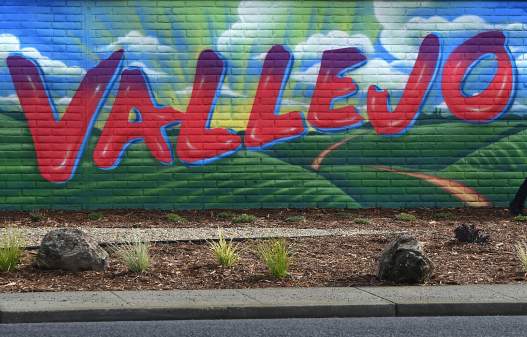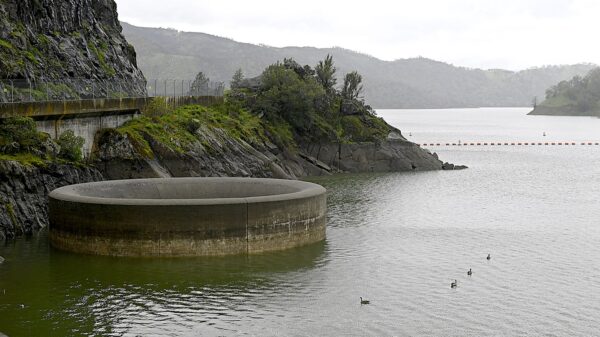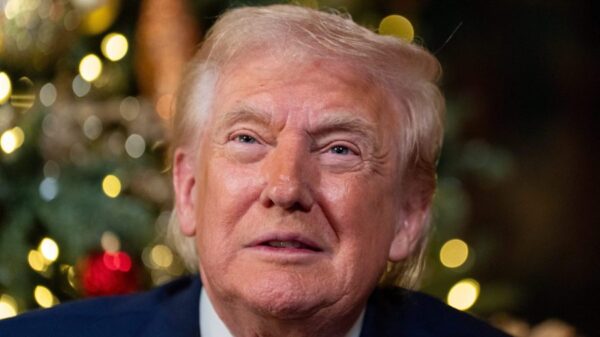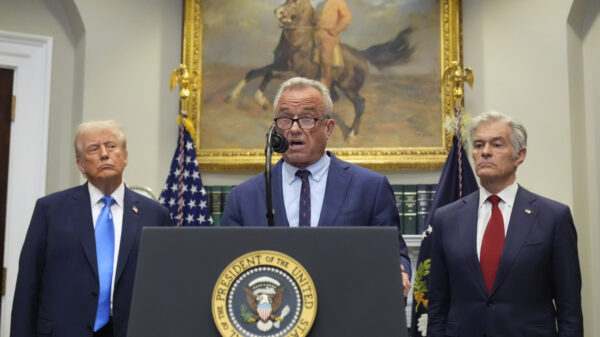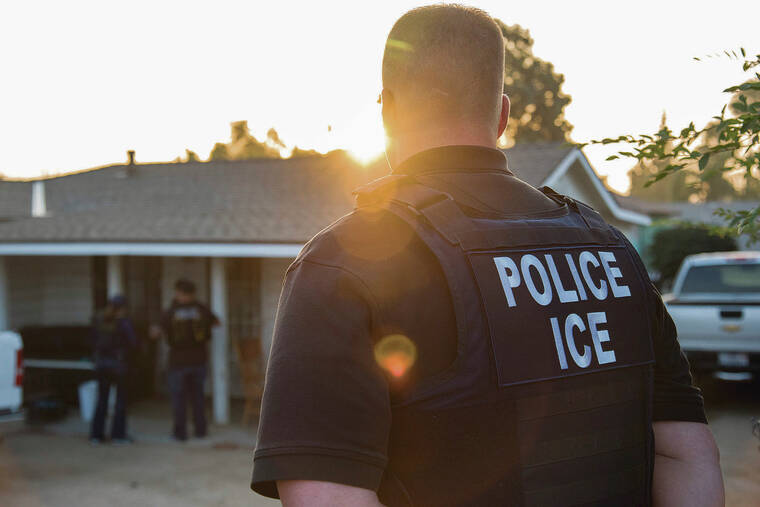The increasing militarization of law enforcement agencies in the United States raises significant concerns, urging citizens to remain vigilant. In a recent letter published in the *Honolulu Star-Advertiser*, author Carl Sabatino highlights the potential risks associated with the evolving role of military and paramilitary forces within American society.
Sabatino emphasizes that while many Americans trust that military personnel will refuse unlawful orders, history suggests that such confidence may be misplaced. He points out that during heightened conflict or domestic deployment, the legality of actions can become ambiguous. This uncertainty is particularly pronounced when civilian leaders fail to maintain clear boundaries regarding military operations.
Institutions are not static; they evolve over time. Sabatino warns that principled leadership can diminish, leading to a shift in training that emphasizes obedience over ethical decision-making. He notes that even minor changes within military and law enforcement structures can accumulate, potentially leading to significant consequences for civil liberties.
Moreover, Sabatino draws attention to the fact that some of the most troubling actions taken by authoritarian regimes are often executed not by the military itself, but by special forces or paramilitary units. In the United States, Immigration and Customs Enforcement (ICE) is beginning to take on characteristics reminiscent of such forces. With its militarized approach, coupled with light regulation and political susceptibility, ICE’s actions warrant scrutiny.
The author argues against the assumption that American exceptionalism guarantees protection from the dangers of militarization. Instead, he advocates for a proactive approach that includes maintaining legal clarity, ensuring strong civilian oversight, and fostering a cultural commitment to the rule of law. These measures are essential to safeguard democratic values and civil rights before a crisis challenges long-held beliefs.
As the letter concludes, Sabatino’s call for vigilance serves as a crucial reminder for citizens and policymakers alike. The need for awareness and accountability in the face of increasing militarization cannot be overstated. It is essential to engage in ongoing dialogue regarding the implications of these developments for American democracy.

